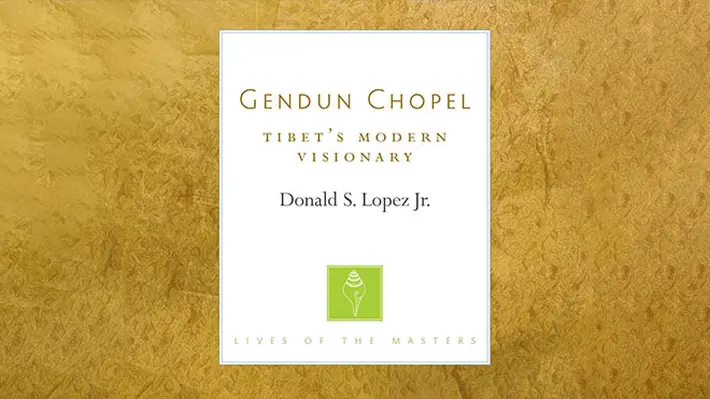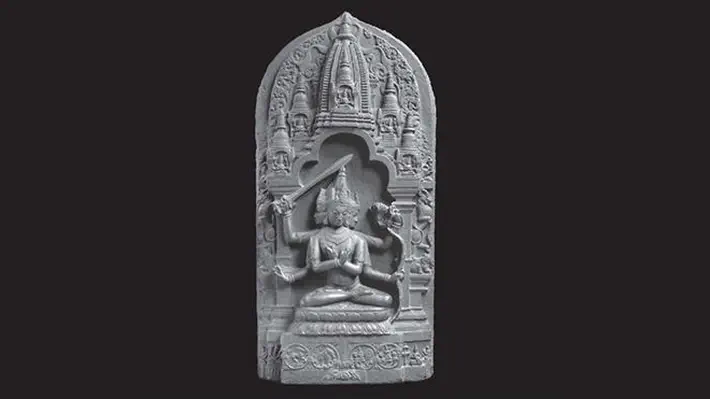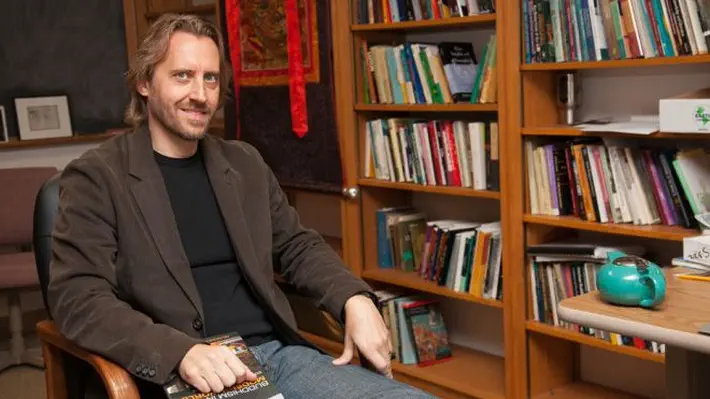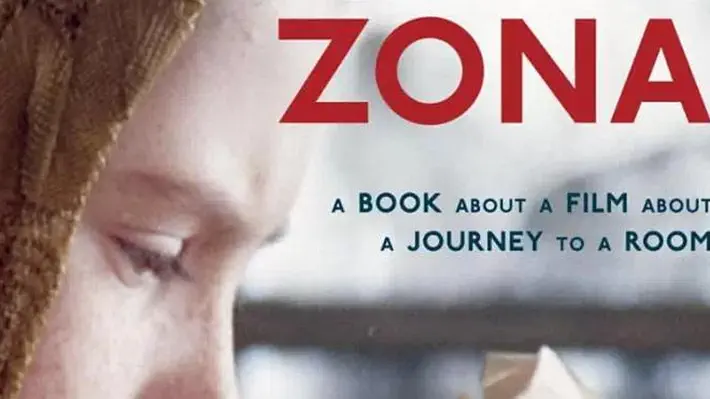A Review of “Gendun Chopel: Tibet's Modern Visionary”

Best and most accessible book on the foremost Tibetan modernist figure
I’ve become interested in the ideas and life of Gendun Chopel after hearing some quite high and public praises by lamas such as Dzongsar Khyentse Rinpoche and His Holiness the Dalai Lama. The name really stuck, and I have been following Professor Lopez’s work since the early 2000s.
A few years ago I was working as a Portuguese interpreter in Brazil for a quite well known Western Buddhist scholar, and I asked him about Gendun Chopel. His answer was dismissive; he said “I don’t quite understand the academic fetish around this person”. He also warned me against Professor Lopez’s lack of open commitment to the Buddhist teaching, “Either he is a crypto-Buddhist and believes academic impartiality is higher than refuge, or he is not a Buddhist at all”.
I must say I am not in academia, and I have been a practicing Tibetan Buddhist for around 20 odd years now. So, I don’t seek to read books out of curiosity, or simply as an intellectual endeavor, but only in order to enhance my devotion and practice.
So I read Professor Lopez's books with the utmost carefulness, not quite allowing myself to become a “fan”, even though the subject matter was quite the type of stuff I am interested in – some of the more interesting internal polemics between Tibetan schools, sexuality, the adaptation of Buddhism to modernity, and a mercurial figure that could perhaps be a “crazy wisdom master”.
I confess I was in doubt about Lopez – but not quite in doubt about Gendun Chopel, since he was openly praised by my teachers – up until this book. I have read 4 of the other 5 books he wrote on the subject, but this was the one that won me over. This guy might be a crypto-Buddhist, but the way he qualifies Gendun Chopel as a Buddhist, and perhaps a great scholar master, is quite indicative of a deep understanding of Buddhism; of the kind I have only so far seen in Dzongsar Jamyang Khyentse Rinpoche himself. The way he recognizes Gendun Chopel’s Dharma practice is really very profound.
So I can finally disregard that one-sided warning and welcome Professor Lopez to the mandala of my mind.
Apart from my perhaps idiosyncratic religious inclinations and peculiar interests, the reader can rest assured: this is a delightful interesting book to read. If you like spirituality, biography and particularly how some of the modernist (global) ideas played on the mind and actions of a highly gifted person from a very xenophobic culture that had a first hand glimpse of India’s multiculturalism in the effervescent beginning of the last century, you will love it.
If you are interested in the multicultural challenges the adaptation of Buddhism has to face in the modern world, this is also an essential book on that.
If you are interested in Buddhism in general, and in the history of how Buddhism came to the west, this is a seminal work. If you are a Tibetan Buddhist student, you need to know this teacher, Gendun Chopel. And that’s the best and most accessible book about him.
Buy the book at amazon.com using this link and help this website.
 tzal.org
tzal.orgBeing Cat
"Milady is a fine representative of catness. She is a dear, affectionate yet demanding. Sometimes she wonders about the façade of it all."
 amazon
amazonThe Dharma's Gatekeepers Sakya Pandita on Buddhist Scholarship in Tibet
If the translators were the scholar's scholars of Tibet, Chak Lotsawa was what might be called a "translator's translator," and he achieved this state by seeking out texts and teachers in India and Nepal. His biography records that "he mastered the entirety of, in general, the five sciences, and in particular, tantra, linguistics, and logic" as a result of his study with twelve great Indian panditas.4' The story of his travels to India to see the great monasteries (viharas), which he undertook in spite of the dangers of repeated military incursions from Turkey, are well worth reading, and I will tell only one highlight. The climax comes perhaps when Chak discovers the great pandita Rahulasribhadra at Nalanda, deserted by his students. The translator stayed with him to study, hid with him when the soldiers arrived, and eventually carried the aged pandita on his back to safety. One can understand why Sa-pans family prevented him from travelling in India as a youth. There were real dangers to this pursuit of pandityam, but the result, evident in Sa-pans praise of Chak's abilities, could well be worth the risk.







